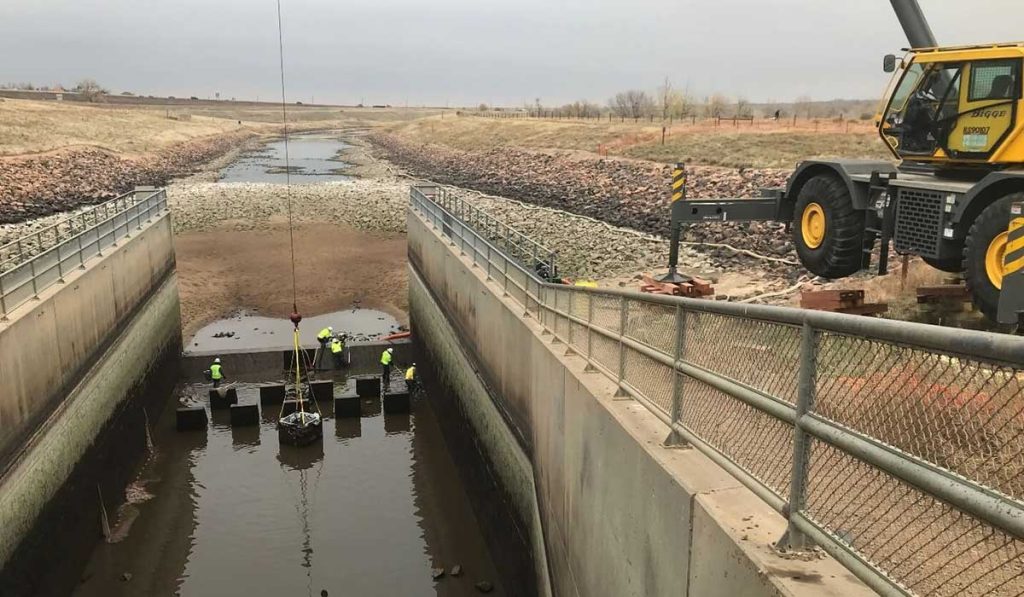Marine construction services encompass a specialized field that blends engineering precision with maritime expertise to create enduring structures vital for coastal development, offshore projects, and marine transportation infrastructure. These services are pivotal in shaping our coastal landscapes and supporting critical industries such as shipping, offshore energy production, and environmental conservation efforts. At the heart of marine construction services lies a commitment to quality craftsmanship and engineering excellence. Every project, whether it involves building ports, constructing sea walls, or installing offshore platforms, demands meticulous planning and execution to withstand the harsh marine environment and ensure long-lasting functionality.
Engineering Precision in Marine Construction
The foundation of any marine structure is laid upon thorough engineering analysis and design. Engineers in this field must account for numerous factors unique to marine environments, including tidal forces, wave action, corrosion, and sedimentation. They employ advanced software and modeling techniques to simulate various scenarios and optimize designs for durability and operational efficiency. For instance, designing a port facility requires considerations beyond typical structural engineering. Engineers must factor in navigational safety, berthing requirements for different vessel types, and environmental impact assessments to minimize ecological disturbance. This integrated approach ensures that the constructed facility not only meets operational needs but also complies with regulatory standards and environmental sustainability goals.

Craftsmanship and Construction Techniques
Craftsmanship in marine construction involves specialized skills honed over years of experience in working with marine-grade materials such as reinforced concrete, steel alloys, and composite materials resistant to corrosion. Skilled craftsmen, including welders, divers, and marine electricians, collaborate under rigorous safety protocols to execute complex installations both onshore and offshore. The construction phase often involves intricate logistical planning to transport materials and equipment to remote offshore sites or establish temporary work platforms for underwater welding and drilling operations. These efforts are supported by state-of-the-art construction vessels equipped with heavy lifting capabilities and dynamic positioning systems to ensure stability and precision during installation.
Environmental Considerations and Sustainability
Modern marine construction practices increasingly prioritize environmental stewardship and sustainability. Techniques such as eco-friendly dredging methods, artificial reef creation, and habitat restoration play crucial roles in mitigating the ecological impact of construction activities. Moreover, integrating renewable energy solutions into marine infrastructure, such as offshore wind farms or wave energy converters, showcases the industry’s commitment to sustainable development and reducing carbon footprints.
Challenges and Innovations
The marine construction industry faces ongoing challenges, including unpredictable weather conditions, regulatory compliance, and technological advancements. However, these challenges drive innovation. Emerging technologies such as autonomous underwater vehicles AUVs for underwater surveys, 3D printing for on-site fabrication of complex structures, and advanced materials research for enhanced durability are revolutionizing the field.
Marine Bulkheading Construction Contractors in New York embody a fusion of craftsmanship and engineering excellence dedicated to creating robust, sustainable structures that endure the rigors of the marine environment. From designing intricate port facilities to installing offshore wind turbines, these services are indispensable to coastal communities, global commerce, and environmental conservation efforts. As technology continues to evolve and environmental stewardship gains prominence, the future of marine construction promises to be defined by innovation, sustainability, and the pursuit of lasting marine infrastructure solutions.